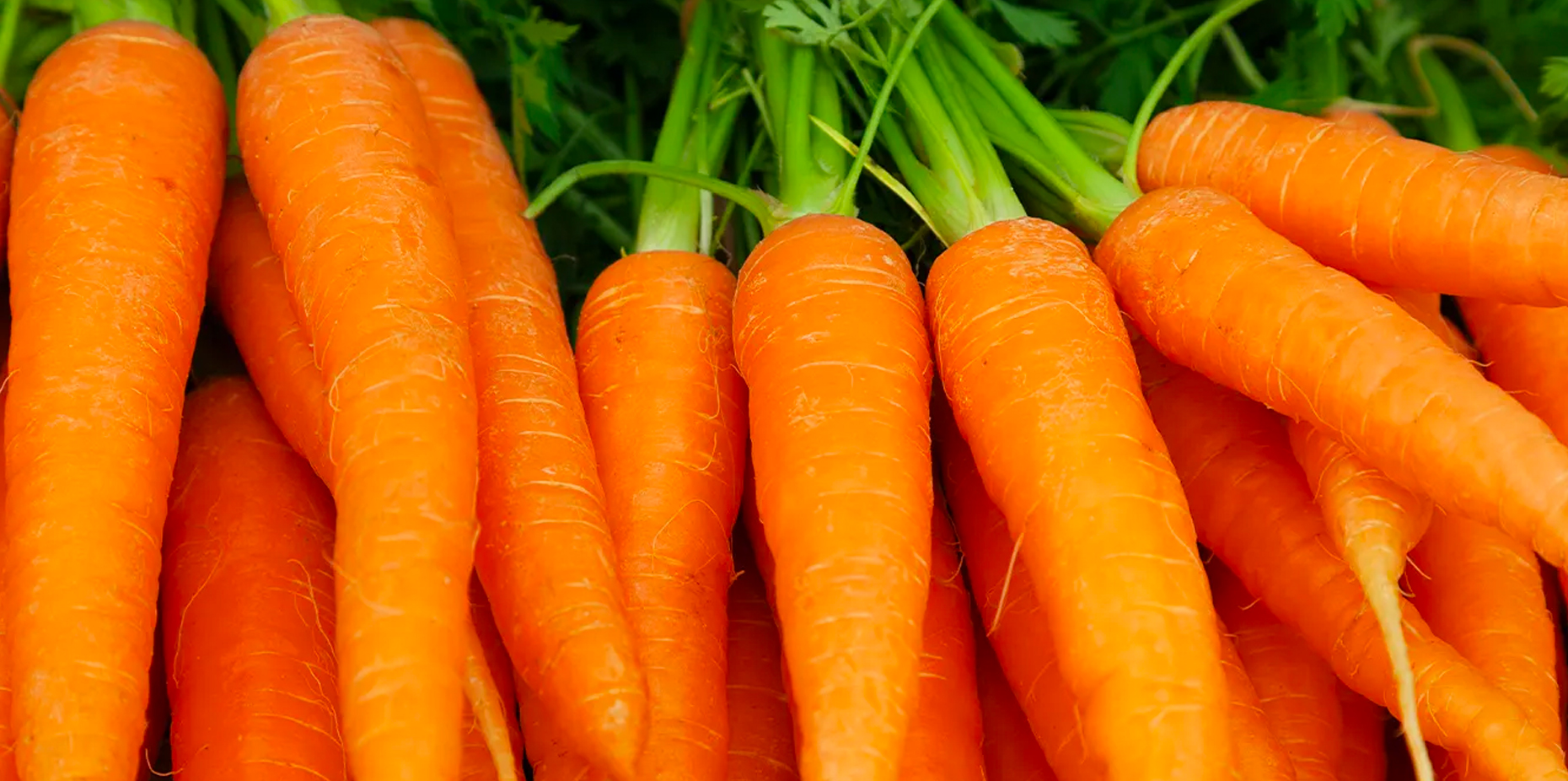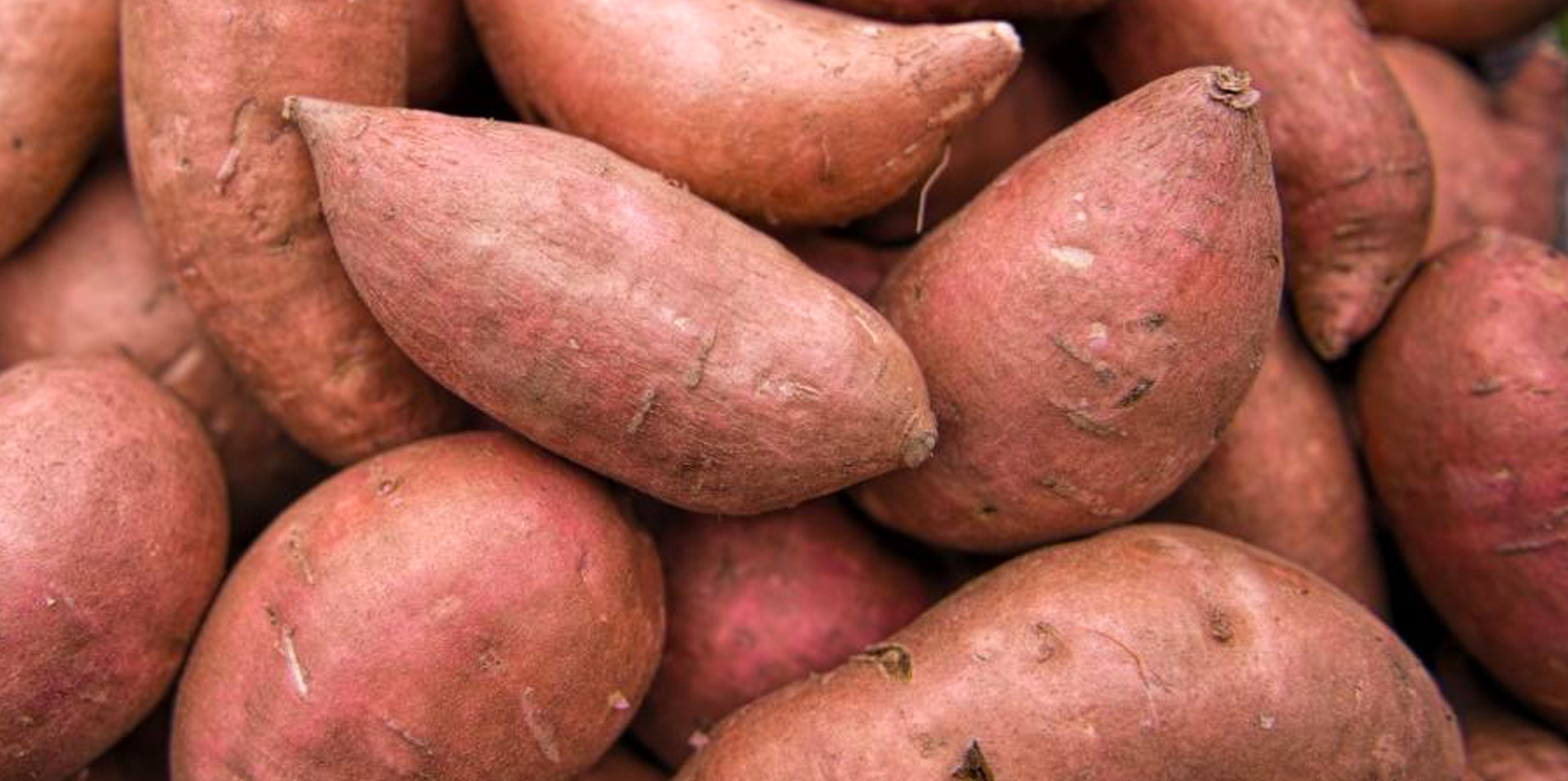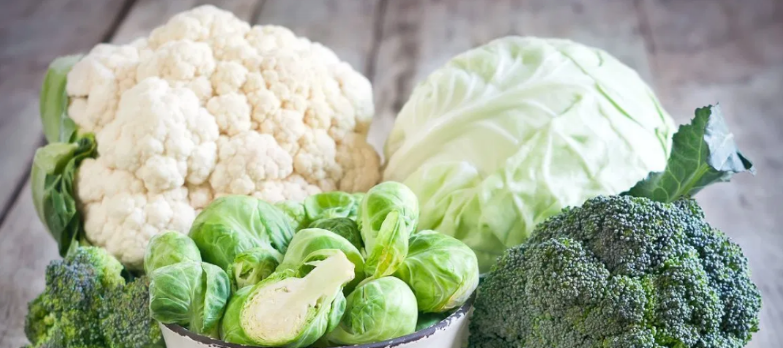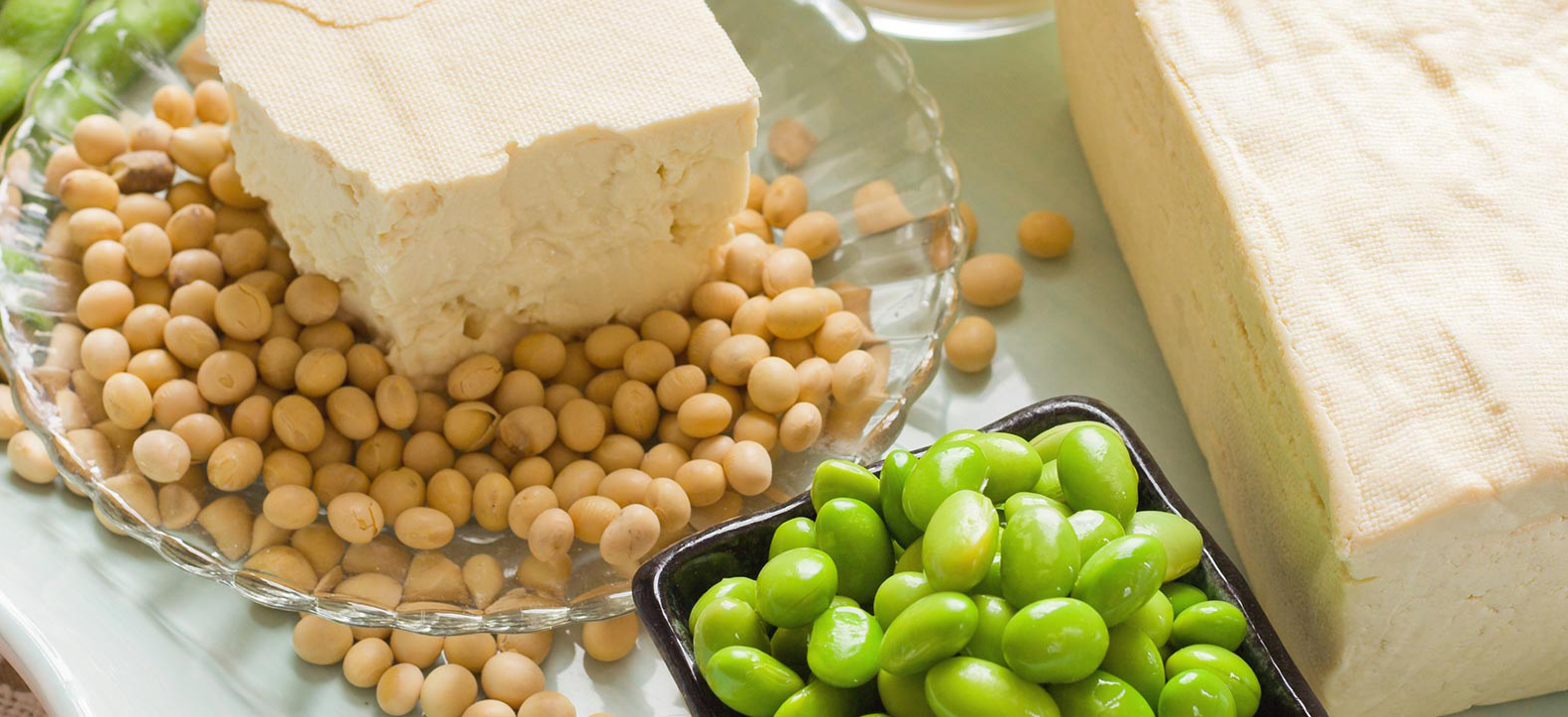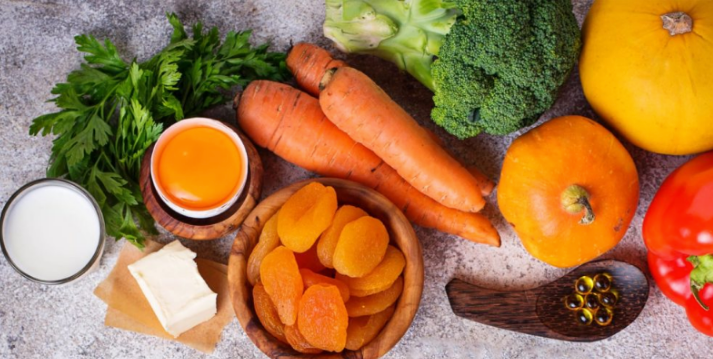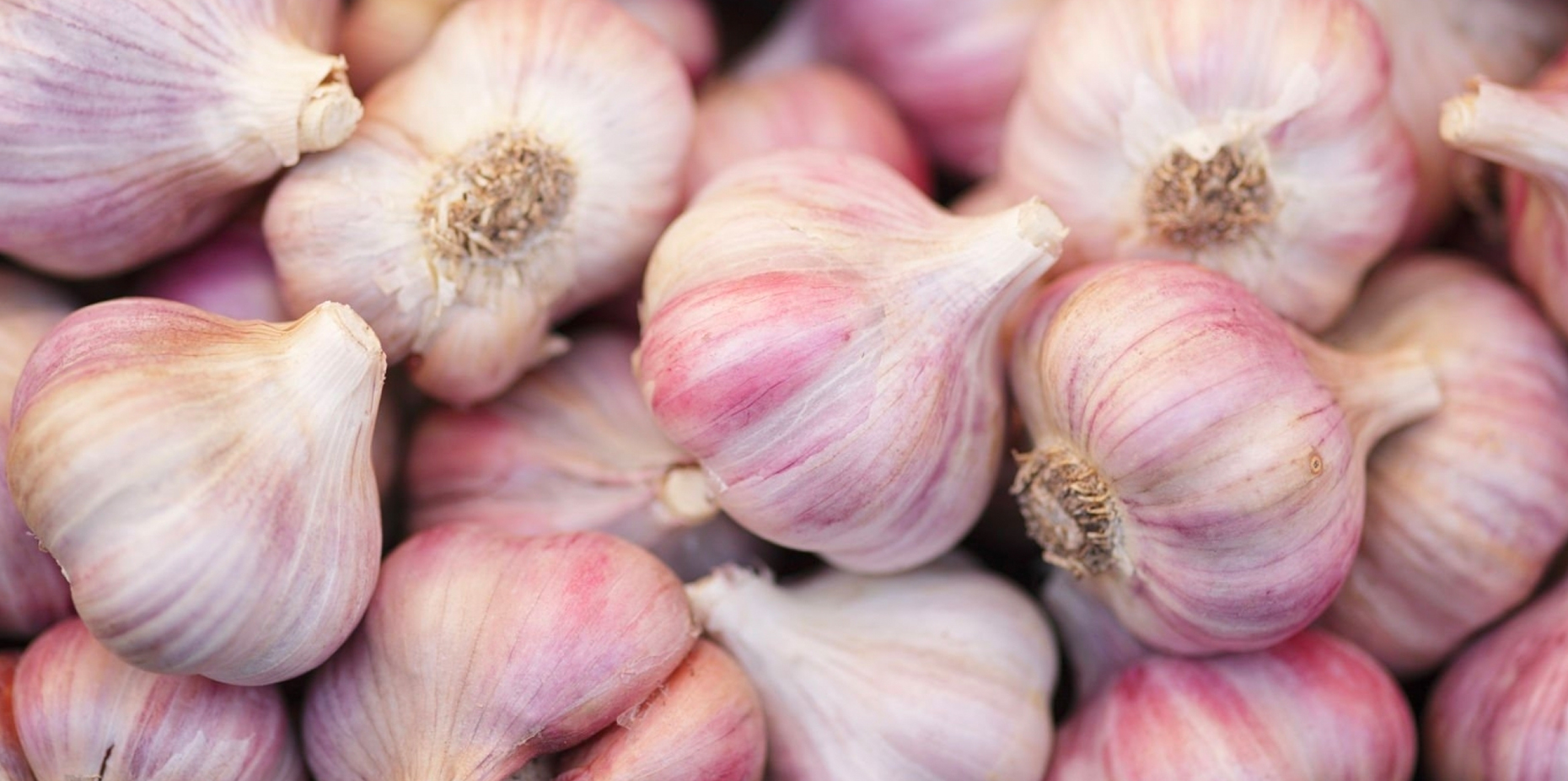Carrots are one of the crunchiest yet tasty vegetables you can eat. Not only that but they are also rich in vitamins, minerals, and fiber (1).
Apart from tasting delicious, eating carrots can have a positive effect on health in several ways. They’re a weight-loss-friendly food and have been linked to a reduced risk of cancer and improved eye health.
Carrots are found in many colors, including yellow, white, orange, red, and purple. They can be eaten or juiced for a tasty beverage.
This article tells you everything you need to know about carrots.
Fun Fact:At one point in time people in the middle east used purple carrots as a clothing dye for the rich and royalty.
Table of Contents
History & Facts
The carrot (Daucus carota) is a root vegetable that belongs to the Apiaceae family. It is believed to originate from the middle east in Iran but was domesticated in Asia during the 10th century (2). During this time carrots were most likely purple and white, not the orange color you see today (3).
They moved their way to Europe in the 12th century but were not commonly eaten, since parsnips were more popular at the time. Orange carrots started to be consumed by the Dutch in the 17th century and spread to other regions of the world shortly after.
Did You Know?:Although some carrots may appear to be purple on the outside, most of them are known to have an orange or white center core.
Types of Carrots
Carrots are members of the parsley family, which includes more than 2,500 different plant species. Others in this family include herbs like dill, caraway, cumin, and coriander. Celery and fennel and other root vegetables like parsnips are all included in the family.
As you may guess, there are several types of carrots you will find on the market today (4):
- Chantenay carrots: the most popular type of carrot. Typically these are short, stout, and deep orange. They have a slightly sweet flavor and are often used in soups and stews.
- Imperator carrots: these carrots are long and slender and most popular in Europe and North America. They have a sweet flavor and deep orange, red, white, or purple color.
- Baby carrots: these are typically around 3 inches long and have been harvested early. They are typically orange in color but can also be red, white, or yellow. The other type of baby carrot is baby-cut carrots, which are pieces from larger carrots that have been machine-cut into the preferred size. They are then peeled, polished, and sometimes washed before packing.
- Nantes carrots: these are long, thin, and shorter than other carrots you will find. They are sweet, and crunchy and have a slightly spicy flavor to them.
Summary:There are several types of carrots all over the world. The most popular that are typically found and consumed include Chantenay, Imperator, Nantes, and baby carrots.
Nutrition Facts
In general, most carrots contain similar amounts of nutrients. However, dark-colored carrots like red and purple ones, typically contain a higher number of antioxidants like lycopene and anthocyanin. This article will be detailing the nutrition facts of orange carrots.
Macronutrients
In one cup of chopped carrots there are the following macronutrients (5):
- Calories: 52.5 calories (kcal)
- Protein: 1.19 grams (g)
- Fat: 0.3 grams (g)
- Carbohydrates: 12.3 grams (g)
- Fiber: 3.6 grams (g)
Overall, carrots are generally low in calories and high in fiber (6). This makes them an excellent choice of food to satisfy hunger and provide the fiber that Americans don’t typically get enough of in their diets. One cup of carrots contains 3.6 grams of fiber, which is around 15% of the RDA for fiber (recommended daily allowance) for adults (7). Eating a diet rich in fiber can help increase the feeling of fullness, reduce blood sugar spikes, lower cholesterol, and promote gut health (8).
Summary:Carrots contain a low number of calories and are high in fiber, making them an excellent vegetable to try.
Vitamins & Minerals
Below are some of the highlighted vitamins and minerals in just one cup of raw carrots (9):
- Calcium: 42.2 milligrams (mg)
- Potassium: 410 milligrams (mg)
- Vitamin C: 7.55 milligrams (mg)
- Folate: 24.3 micrograms (mcg)
- Choline: 11.3 milligrams (mg)
- Vitamin A: 1070 micrograms (mcg)
- Beta-carotene: 10600 micrograms (mcg)
- Lutein + zeaxanthin: 328 micrograms (mcg)
- Vitamin K: 16.9 micrograms (mcg)
As you can see, carrots are rich in beta-carotene. Once in the body, beta-carotene gets converted into vitamin A. Vitamin A is important for growth, development, vision, and immune function (10). Carrots are also high in potassium, which is an essential mineral that is important for blood pressure control (11). Lutein is a popular antioxidant found in carrots, and most commonly in yellow and orange carrots.
Summary:Carrots contain tons of nutrients and are high in beta-carotene, vitamin A, and antioxidants.
Health Benefits
As you may already suspect, carrots are jam-packed with nutrients and have tons of health benefits.
Supports Eye Health
Carrots are not only delicious, but they can also be an excellent addition to your diet if you have eye problems. Carrots contain vitamin A and beta-carotene, which help improve eyesight and prevent problems like macular degeneration and cataracts (12).
Vitamin A is a fat-soluble vitamin that has several functions in the human body, including vision. If you don’t get enough vitamin A, a deficiency can cause night blindness, which is when you are unable to see in dim or low light conditions (13). If it goes untreated for long enough it can lead to permanent blindness.
Eating enough carrots can help to ensure you are getting enough vitamin A, which can prevent eye issues like age-related macular degeneration and cataracts later in life, which is the leading cause of blindness.
Summary:Carrots are high in vitamin A and beta-carotene, both of which support vision and can help decrease eye issues that can lead to blindness for some.
May support weight loss
Carrots are high in fiber. Eating foods that are high in fiber can help you feel fuller and longer and prevent overeating later in the day. People who eat more fiber tend to weigh less than those who don’t get enough of it in their diets (14).
Carrots are also a good source of pectin. Pectin is a soluble fiber that helps reduce appetite by making us feel fuller for longer and has been suggested to be another useful tool for weight loss (15).
Studies have shown that lower people who had a higher frequency of carrot intake generally had a lower BMI and less chance of being obese (16) .
Summary:Studies have shown that eating carrots may be correlated with weight loss and lower BMI than others. This may be due to the high amount of fiber they contain.
May Reduce Cancer Risk
Carrots have been shown to reduce cancer risk by up to 20 percent (17). This is believed to be due to the level of beta-carotene in carrots. In the body, beta-carotene acts as an antioxidant. Antioxidants protect against damage in cells that can cause cancer growth.
Carrots also contain lutein and zeaxanthin which prevent the growth of tumors in the breast and lungs (18). These two antioxidants are protective against breast cancer in women, especially those who eat at least five servings of fruits and vegetables per day!
Summary:Some of the nutrients in carrots have been suspected to help reduce the risk of cancer and even prevent the tumor growth of certain cancers.
Ways to consume
When it comes to adding carrots to the diet, they are versatile vegetables that can be used in a variety of recipes. Here are some ideas for incorporating carrots into meals and snacks:
- Add to soups, stews, and broths
- Slice, chop, or grate them and add to a fresh salad
- Roast them whole or sliced
- Grate them and add them to baked goods like muffins
- Cut them or have baby carrots and serve alone or along with a dip
- Add to juices and smoothies
- Spiralize carrots and add
- Cut them any way you’d like and add in with other vegetables like stir fry
- Grate them and add them to a slaw
- Pickle them by themselves or with other vegetables like onions and peppers
Did You Know?:The root of the carrot is most often what is eaten. However, carrot leaves, flowers, and seeds are also edible and tasty.
Potential risks
In general, carrots are part of a balanced diet. However, there are some things to be aware of when it comes to consuming carrots often.
Vitamin A toxicity
Eating too many carrots can become harmful to the body (19). This is because carrots contain high levels of carotene, which the body converts into vitamin A. Getting too much vitamin A can cause vitamin A toxicity, or hypervitaminosis A, which can lead to liver damage and vision problems (20). If you’re getting your daily carrot fix keep the amount under 1 cup per day. However, if you don’t consume carrots every day, it’s okay to exceed this limit. Because of the high amount of beta-carotene they contain, eating them in excess can sometimes cause the skin to turn an orange hue, called carotenemia, but is harmless (21).
Carrot allergy
If you are sensitive to mugwort or birch pollen, you might have an allergic-type reaction to carrots (22).
According to one study, carrots can cause pollen-related reactions in up to 25% of food-allergic individuals which can be considered by some as a carrot allergy. This typically happens because the proteins in carrots are similar to the proteins found in certain types of pollen and can cause similar reactions. Some of the allergic symptoms may include itchy mouth, and lips, tingling, and even throat swelling and/or anaphylaxis.
Summary:In general, carrots are safe to consume. However, eating too many carrots can cause vitamin A toxicity. Some people may have allergic reactions to carrots.
Frequently asked questions
What is the best way to store carrots?
When stored properly, carrots can last for several months. They can be stored at room temperature and will not degrade as fast as other vegetables will. Store them in a cool, dark place and they will typically last 1-3 months. They can also be stored in the refrigerator (unwashed) for about 1 month, sometimes longer. Store carrots in a refrigerator-friendly bag and remove excess air before sealing and putting them into the crisper drawer of the fridge. If neither of these options works, carrots can also be stored in the freezer for up to 12 months.
When is the best time to eat carrots?
Carrots can be found year-round in grocery stores and supermarkets. Local farmer’s markets will typically feature them during fall months, which are their peak season. The main season for carrots typically starts in September and can run through December.
Fun Fact:The majority of carrots are made up of almost 90% water.
Conclusion
Carrots can be the perfect snack or addition to almost any meal. They are crunchy, sweet, and loaded with tons of nutrients. They are overall low in calories and high in fiber, which is good for overall health.
Eating carrots can have positive health benefits, like supporting eye health, decreasing the risk of cancer, and helping with weight loss.
Overall, they are safe to eat and part of a balanced diet. However, eating too many carrots can cause vitamin A toxicity and can cause allergic reactions in some people.
Pick up some carrots today if you need a reminder of just how delicious and rewarding these crunchy vegetables can be!



